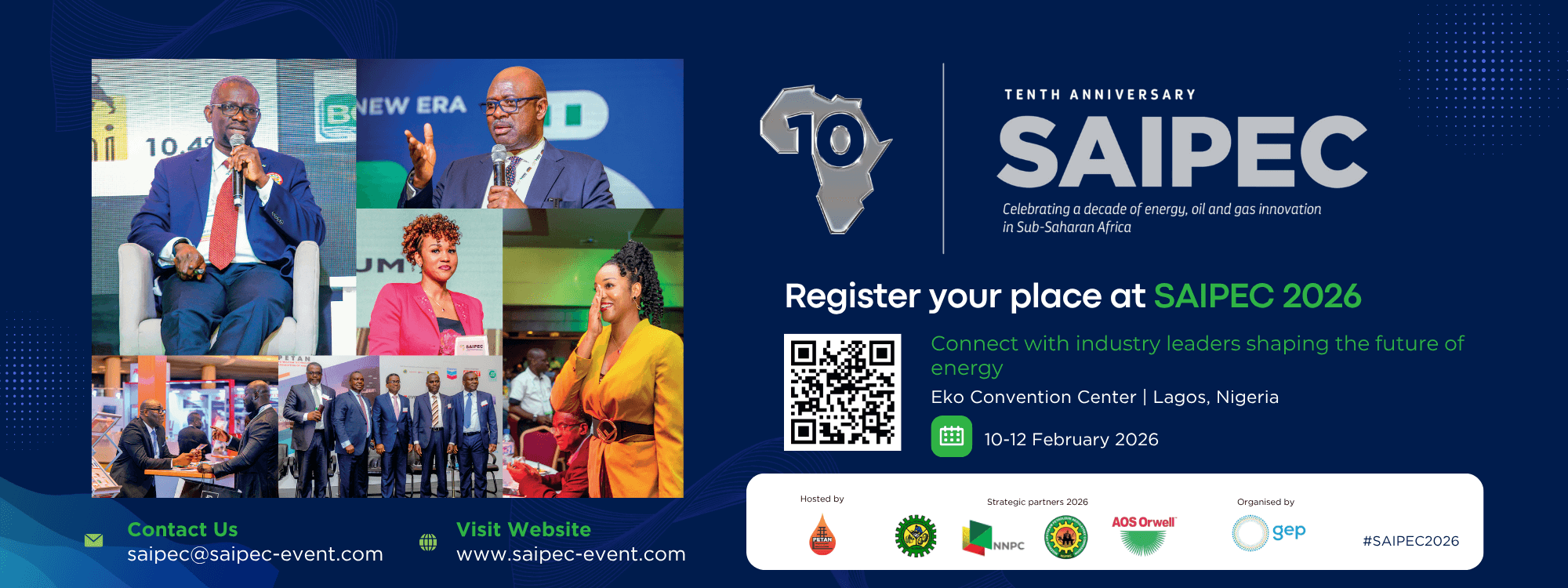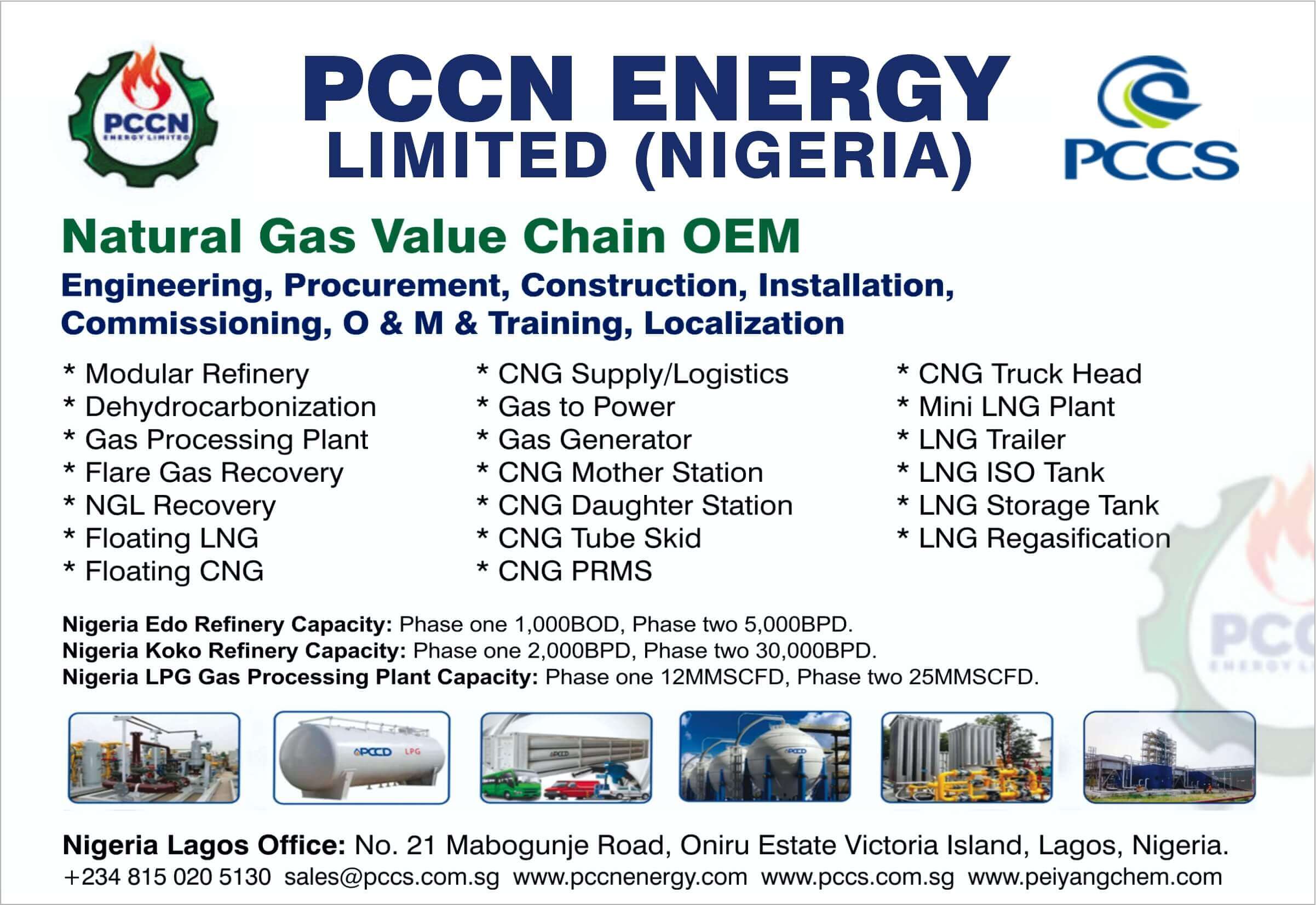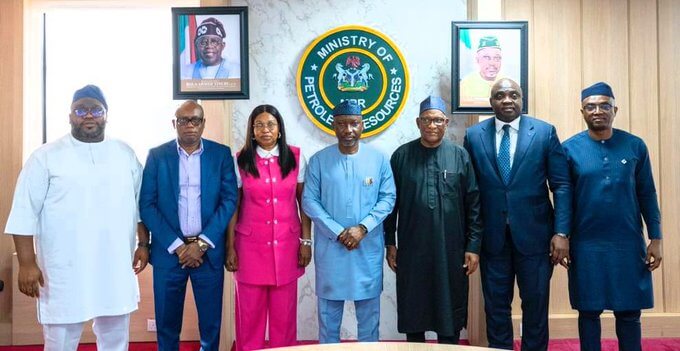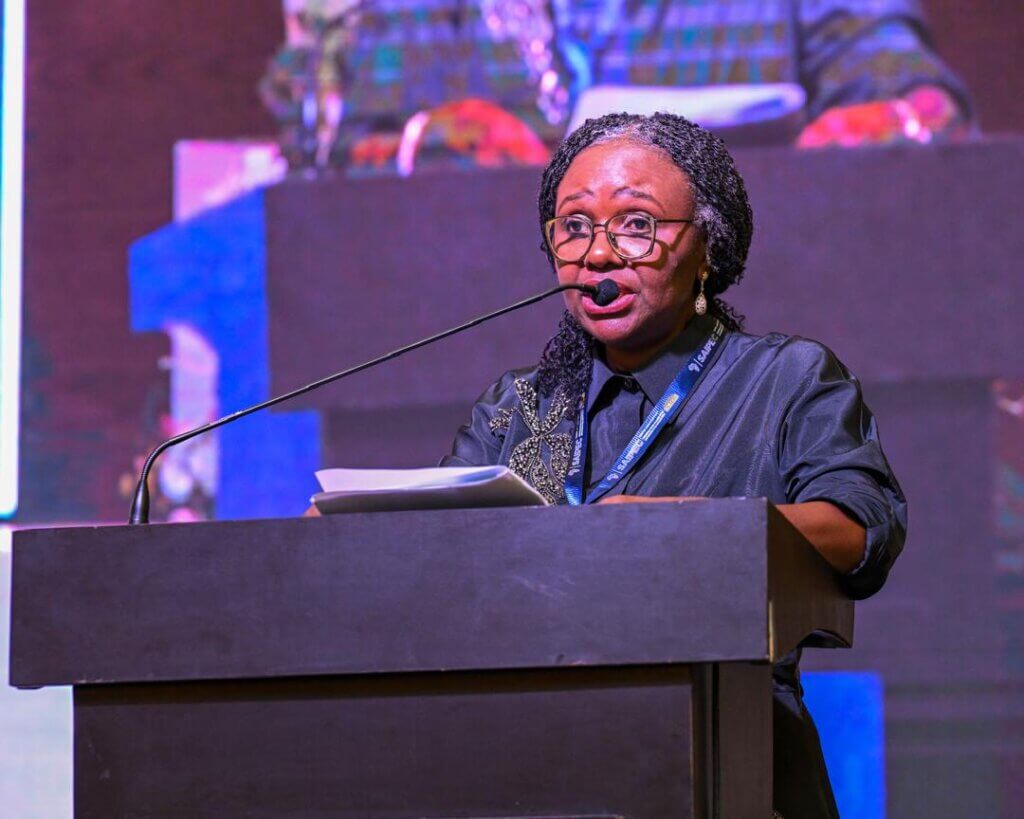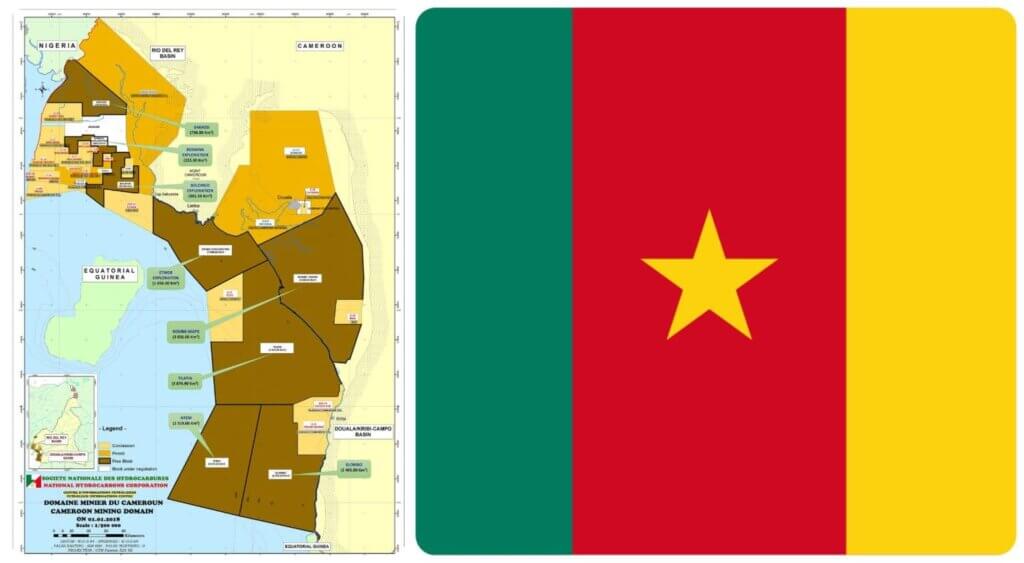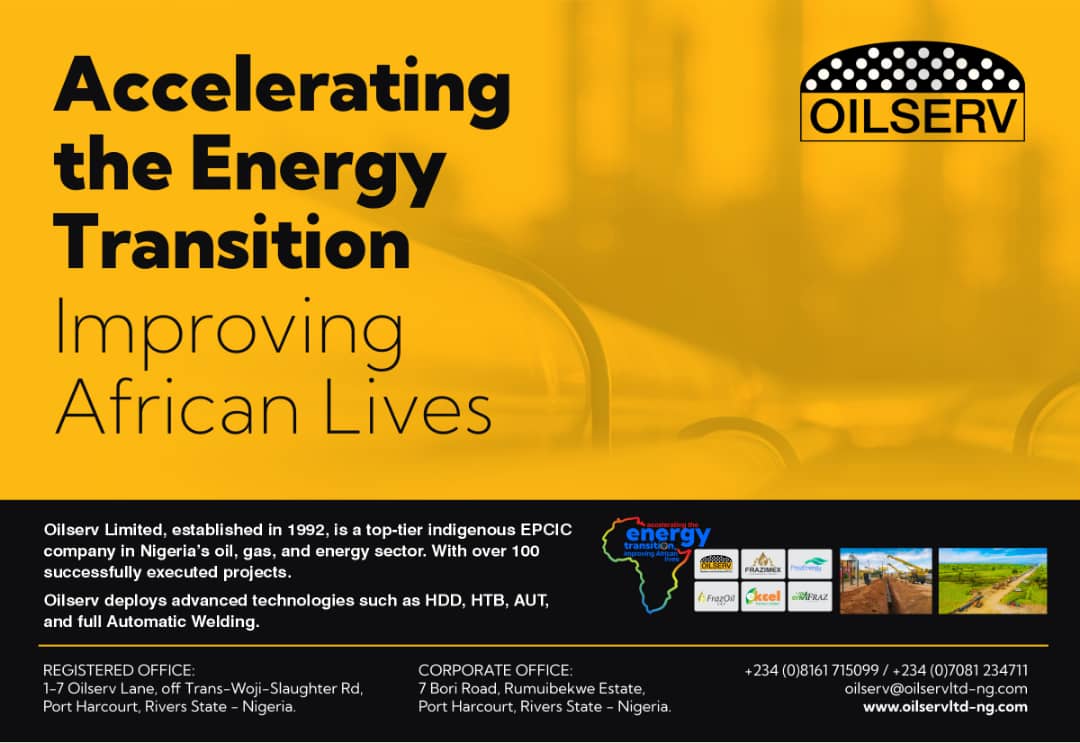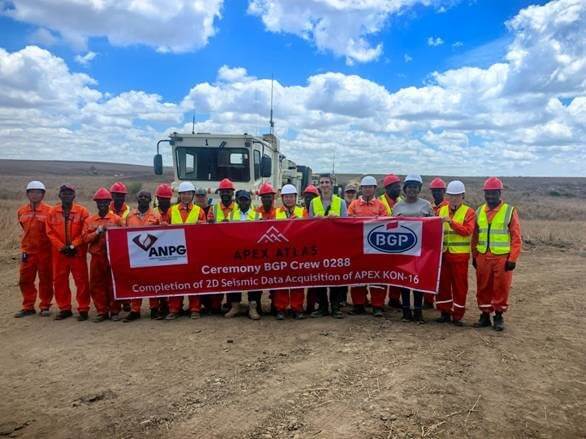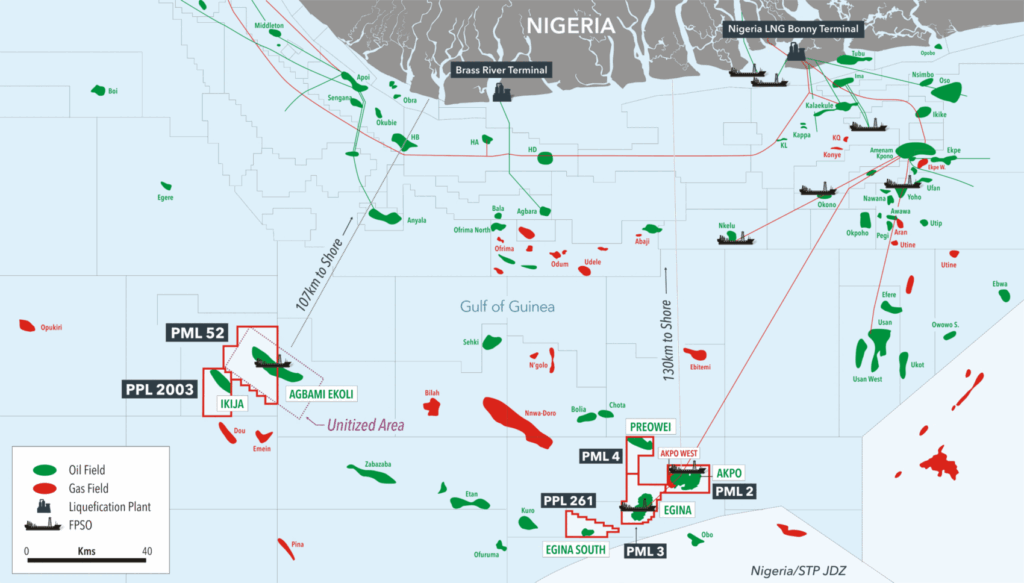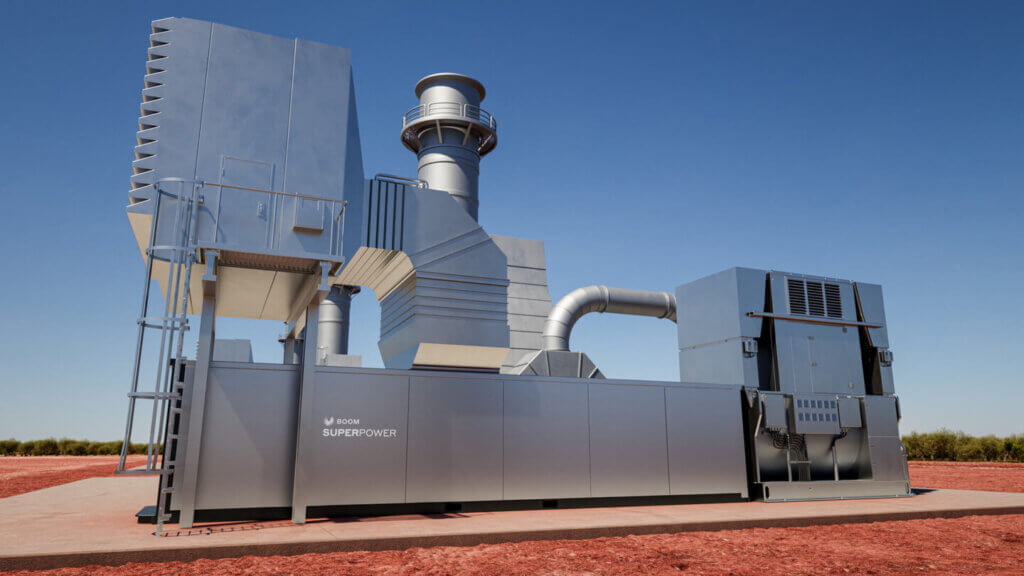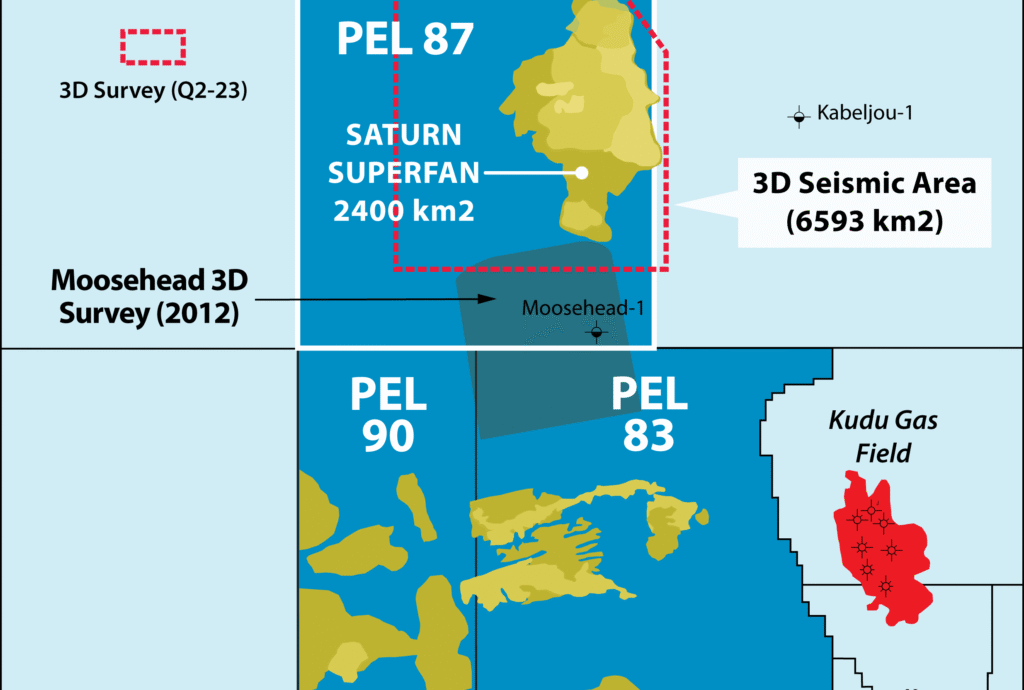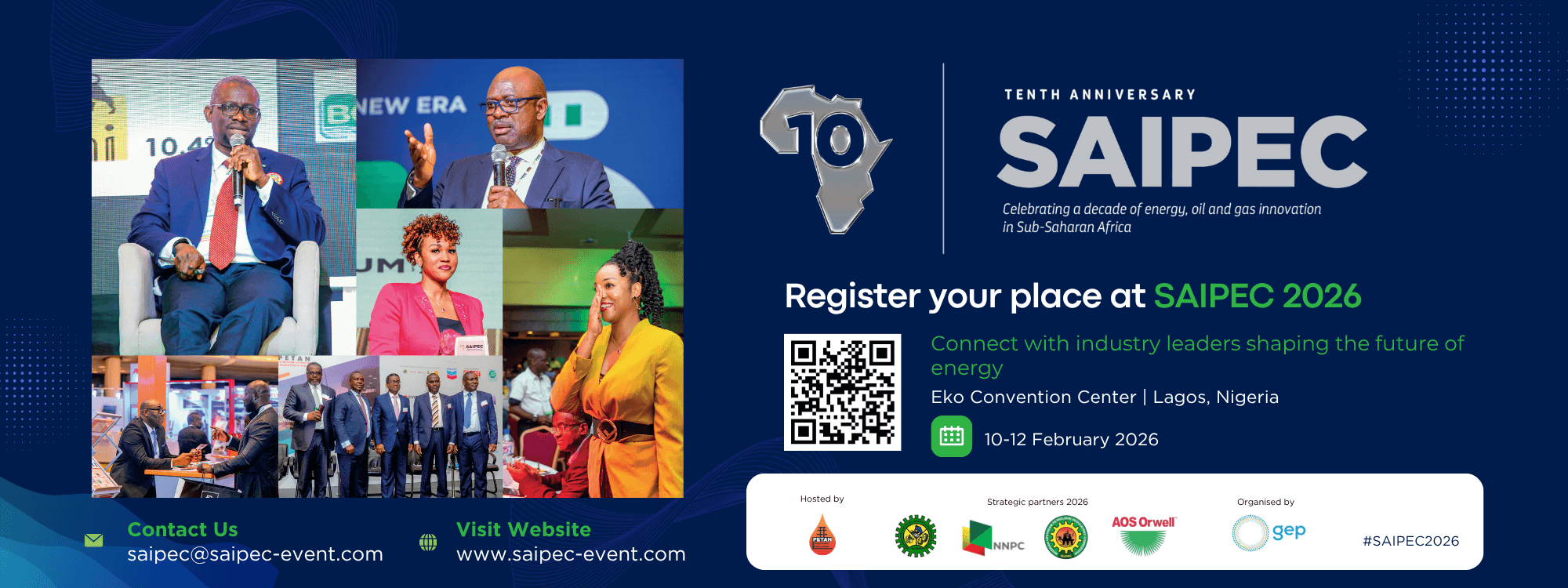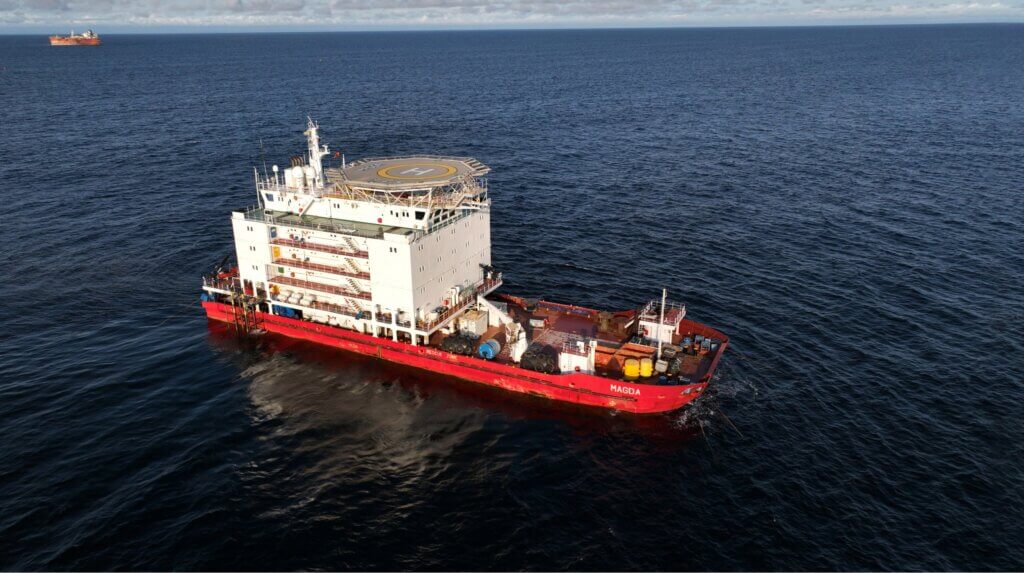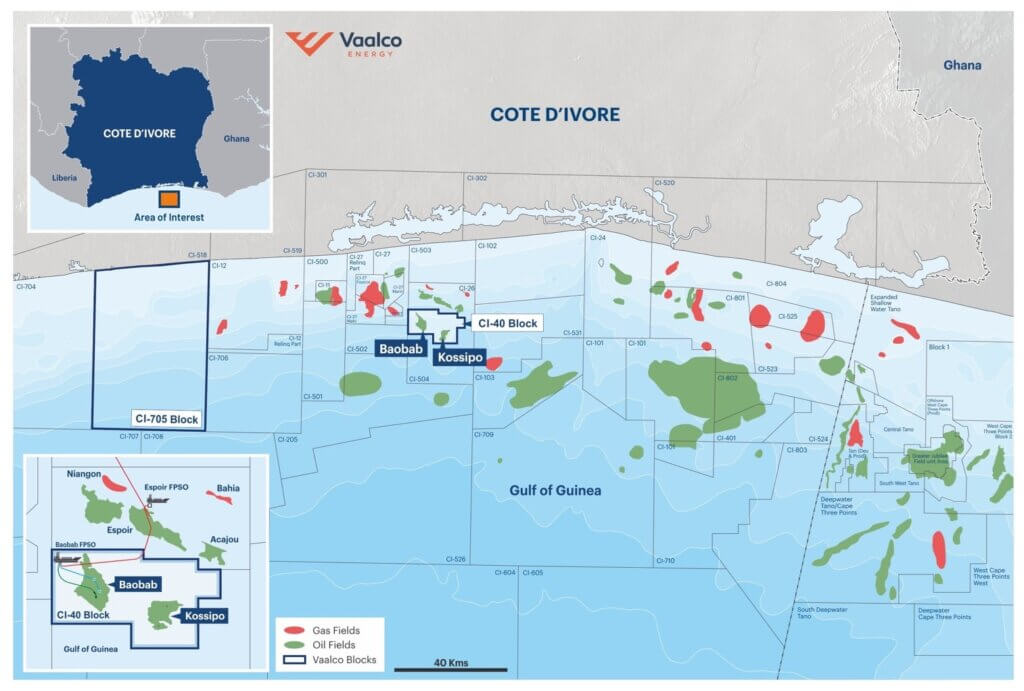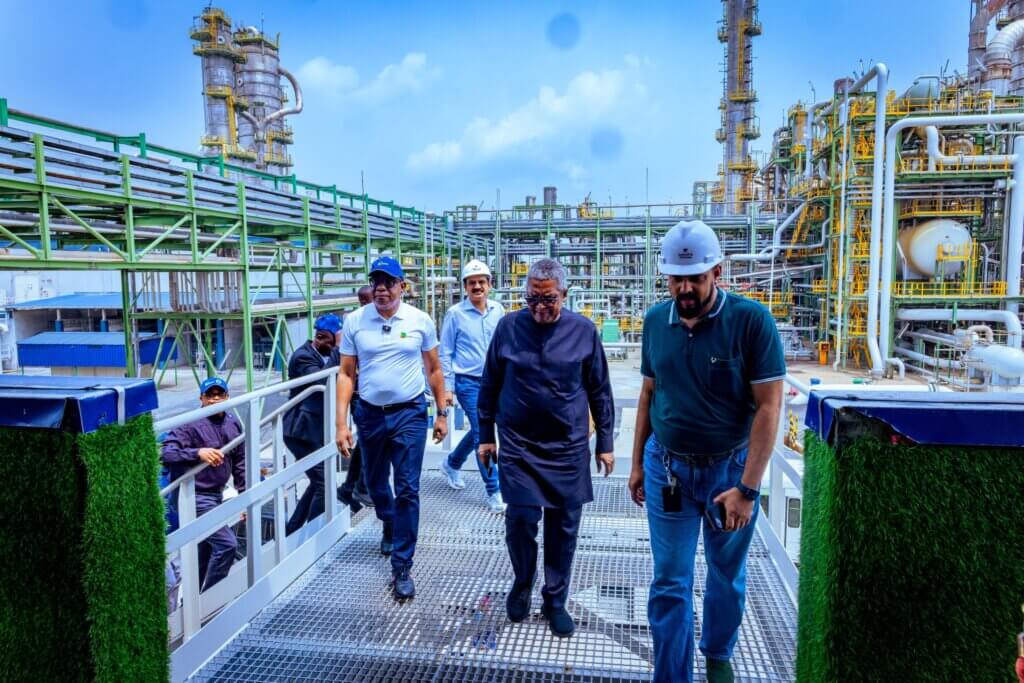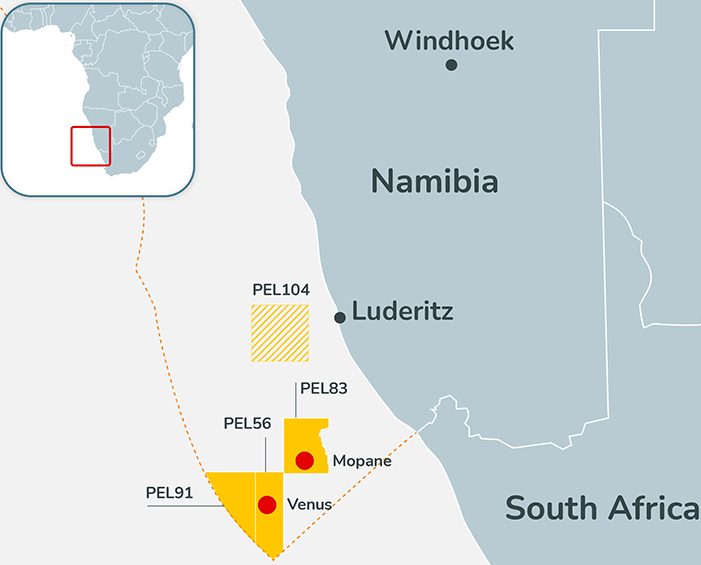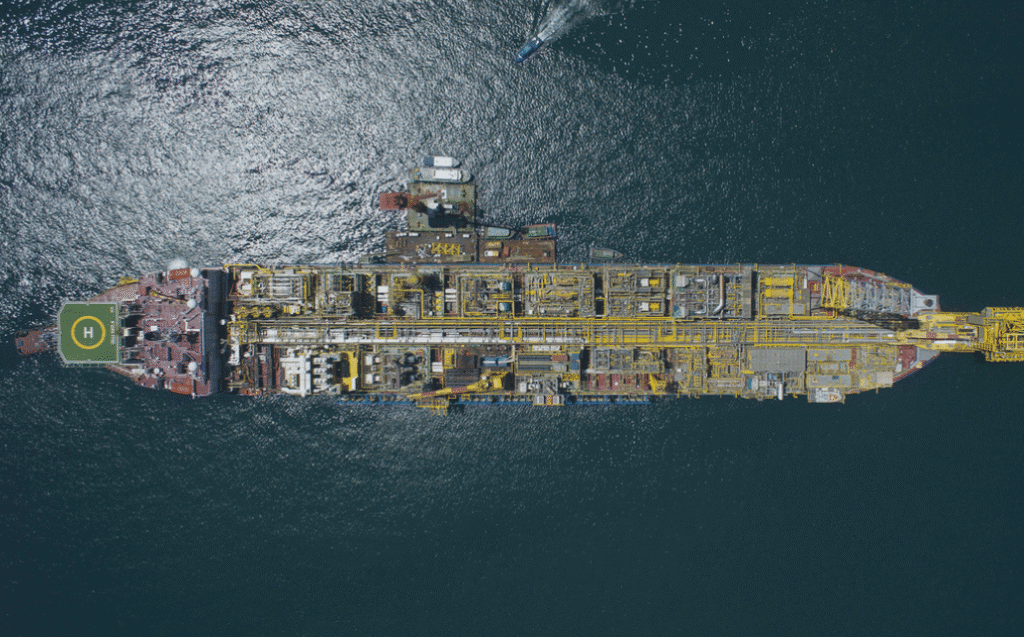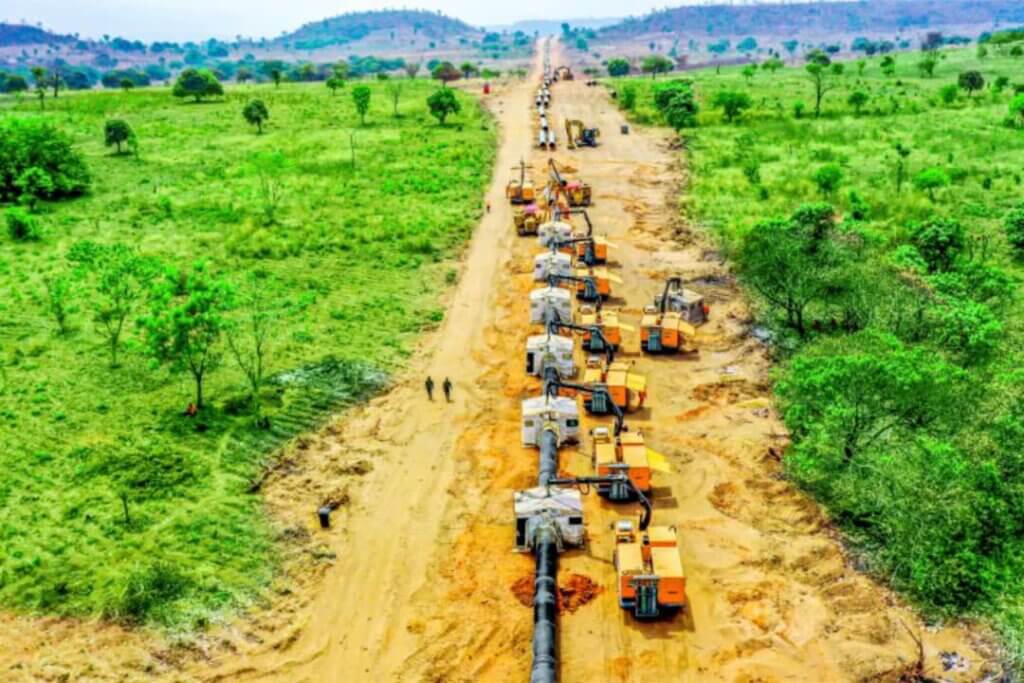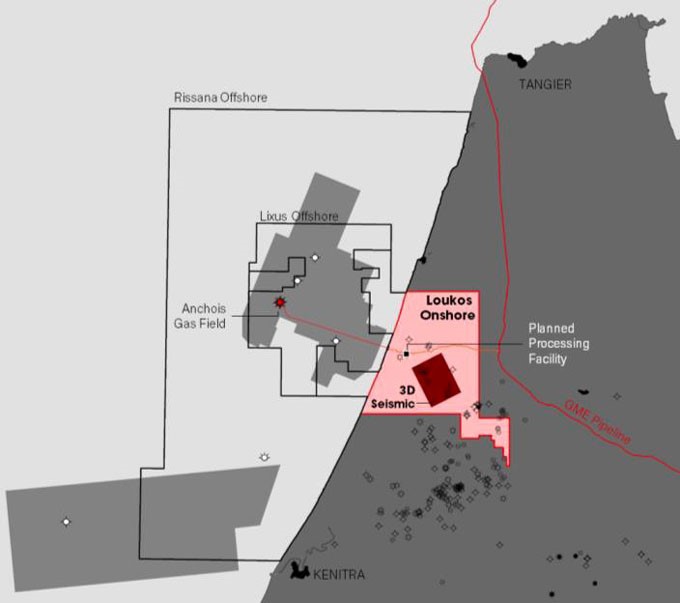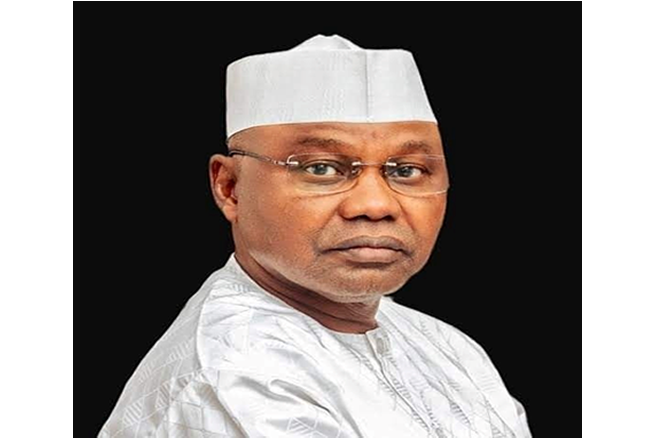
As a deliberate strategy for national development, the federal government of Nigeria had embarked on the Special Economic Zones (SEZ) Scheme in the early 1990s in order to boost export, promote rapid industrialization, create employment, engender technology transfer, and increase access to wealth for Nigerians among other benefits. This initiative led the government in 1992 to pioneer the notion of creating industrial locations specially designed for export-purposed production of goods and services.
The comprehensive feasibility study for this project was undertaken, on behalf of the Federal Government, by the United Nations Industrial Development Organization (UNIDO). And the primary focus was on the construction cost, location, marketing prospects, legal and regulatory framework among other things. It was these efforts that climaxed in
the birth of the Nigeria Export Processing Zones Authority (NEPZA’s)Decree 63 of 1992 and later, the Oil and Gas Free Zones Authority (OGFZA’s) Decree No. 8 of 29th March, 1996. The combined effects of the above efforts ultimately institutionalized the SEZ concept as a formal economic development strategy in Nigeria.
With the above brief historical outline, it is apparent that the concept of SEZs has been with us as a country for some three decades, and this was why the 30th anniversary of the Free zones scheme (a major component of Nigeria’s SEZs) was recently celebrated in Abuja with a joint effort by the federal government’s agencies that are statutorily mandated to manage and regulate Nigeria’s SEZs. Such institutions include; OGFZA and NEPZA. The Nigeria Economic Zones Association NEZA) and other institutionalstakeholders like the free zones operators, enterprises and the media were also part of the organizers.
The anniversary with the theme “Nigeria Special Economic Zones Scheme: Evolvement, Challenges, and Way Forward To Economic Growth and Sustainability” held from the 30th November to 2nd December, 2022, with a Conference and an exhibitionby key corporate stakeholders in the industry. It also featured presentation of papers and discussions by notable industry experts from within and outside Nigeria. The 7th Annual General Meeting of the 42-member countries African Economic Zones Association was also held during the Conference.There was also a Golf tournament at the Ibrahim Babangida International Golf and Country Club, Abuja where the Managing Director /CEO of OGFZA, Sen. Tijjani Y. Kaura MFR took the ceremonial kick off.
A key point of note at the event which had the President of Nigeria, Muhammadu Buhari GCFR as the Guest of Honour, ( represented by Mr Umana Okon Umana, the immediate past Managing Director/ CEO of OGFZA and now, the Honourable Minister of Niger Delta Affairs, and the Honourable Minister of Industry, Trade and Investment of Nigeria, Otunba Adeniyi Adebayo CON as the Chief Host, was the cardinal importance of OGFZA in the SEZs’ equation in Nigeria. This is because of the extant position of oil and gas as the main foreign exchange earner for the country. Nigeria got over 80% of her foreign exchange from crude oil and gas in 2021. Also the sector contributed 7.24% to Nigeria’s real GDP in the same year.
Going by the country’s current development trajectory whereby oil, in spite of threat of diminishing value occasioned by the emergence of cleaner energy sources, will still remain an important source of power for substantial segments of the global economy, at least, in the foreseeable future, it is imperative for Nigeria to strive to maximize her potentials in the deployment of the oil and gas free zones sub-sector in order to reap the full benefits of the scheme. This is especially needful now when Nigeria’s oil and gas free zones scheme remains, perhaps,the only active oil and gas-specific free zones in Africa.
This crucial point was underscored albeit indirectly by the OGFZA boss, Sen. Kaura in his opening remark at the 7th AGM of the continent’s economic zones organization themed, ”African Special Economic Zones; Engine for Resilience and Accelerator for Sustainable Industrial Value Chain Development”.
According to the OGFZA CEO, who laced his speech with some incisive statistics, “of the over 200 free zones in Africa, Nigeria is host to about 1/6th of them with roughly 9 being specifically dedicated to oil and gas activities.” He revealed that the oil and gas free zones which OGFZA oversees were predominantly located in the oil-rich southern belt where the country enjoys competitive advantage with the abundant presence of oil and gas. He added that the region has the high “potential to become the energy belt of Africa reportedly having Africa’s largest gas reserves, and the 9th largest gas reserves in the world.”
Sen. Kaura further revealed that the oil and gas free zones have in the past two decades attracted over $16.6 b USD of foreign direct investments (FDI) and over N225million of Local Direct Investments (LDI). Also, “recent data from just three years between 2017-2020 show our exports totaling roughly $382million USD”. He concluded.
At the administrative and regulatory level, OGFZA as the premier regulator of the hydrocarbon specific SEZ has been faithful in channeling its energy toward its primary mandate of continuously “improving efficiencies for zone operators in the sector.” And this has been highlighted by its multiple awards in the last four years from the Presidential Enabling Business Environment Council. The awards category being “Transparency & Efficiency” in business enabling.
With the above data, it is apparent that the oil and gas free zones subsector is making remarkable contributions to the economic growth of Nigeria with high potentials to do even more. However, these great potentials will only be fully realized if a few issues that tend to hamper the progress of the Oil sector free zones regulator (OGFZA) and even the operators are sorted out or, at least, mitigated, and quickly too.
And, although President Buhari in his speech at the event expressed the readiness of the government “to partner with SEZs in Africa to benefit from the Africa Continental Free Trade Agreement AFCFTA”, it is still necessary to highlight some of the pressing problems of the SEZs with the operational experience of OGFZA as a guide.
Such challenges include; inadequate knowledge of the free zones scheme by other government agencies, a situation which has made seamless collaboration with other relevant agencies difficult. The need to update the Authority’s enabling Law since, so far, it has proven incapable ofsufficiently addressing the challenges of today’s free zones operations. There is an urgent need for the National Assembly to amend OGFZA’s enabling law. There is also the issue of ambiguous government policies which are sometimes outrightly contradictory and which other situations tend to set sister agencies of government against one another, a situation which has contributed to slowing down the pace of development of the free zones.
Furthermore, poor and in some cases, outright lack of infrastructure or call it on-site infrastructure remains a challenge. There is also the issue of proliferation of regulations which are sometimes inconsistent and cumbersome, and this occurs in the face of sundry laws that back almost every activity in the free zones. All these are beside the mounting insecurity along the sea channel connecting the Onne oil andgas free zone (Nigeria’s premier free zone) which is often marked by heightening piracy; inadequate power supply and lack of routine dredging of the Ports, and a few other difficulties.
All of the above constantly conspire in varying degrees to either disrupt the smooth operations of the free zones scheme or outrightly deter potential investors from deciding in favour of investment and re-investment in the scheme.
Our oil and gas free zones, and indeed, all our SEZs and their statutory regulators as a matter of necessity have to be made to work optimally in this new era, particularly with the coming on stream of the Africa
Continental Free Trade Agreement (AFCFTA) since January 2021 which,according to the World Bank’s projection, will lift 100 million Africans out of poverty by the year 2035. (Straight Talk Africa on VOA). And according to the Secretary General of AFCFTA Secretariat, Wamkele Mene, Africa is about a $3.4 trillion economic bloc. AFCFTA is about the world’s largest free trade zone with a market of about 1.3 billion people. And by the year 2030, that market is projected to hit $7trillion.
The question is, how does Nigeria take full advantage of this mega opportunity of a market with her SEZs making maximum contributions to that harvest? A substantial part of the answer lies in our policy makers attending to the challenges of the SEZs and further reading the OGFZA’s Managing Director/ CEO’s statement beyond the surface.




